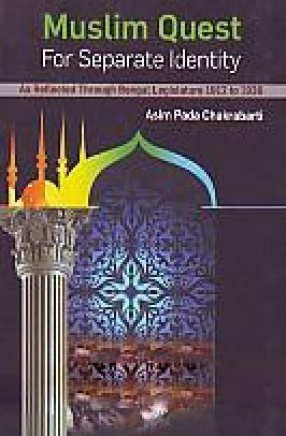
Minerva Associates (Publications) Pvt. Ltd.

Showing all 20 books

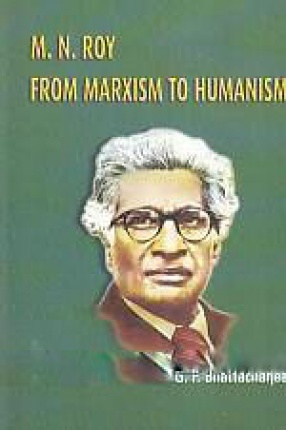
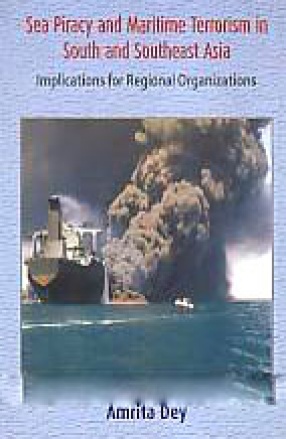


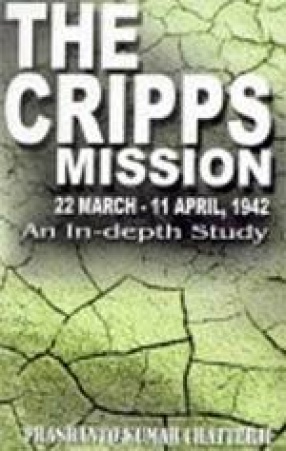
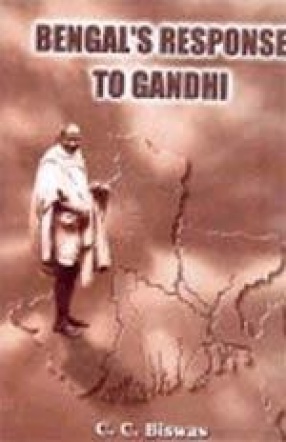

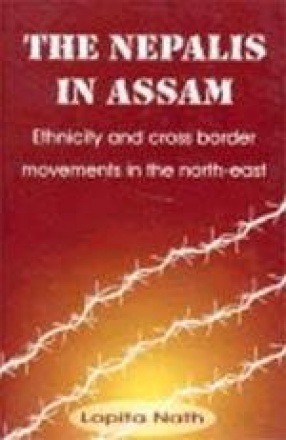


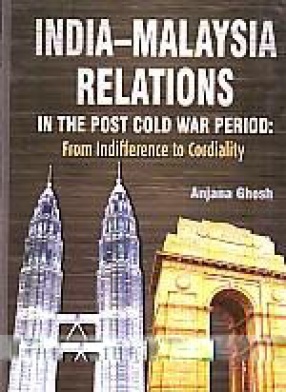


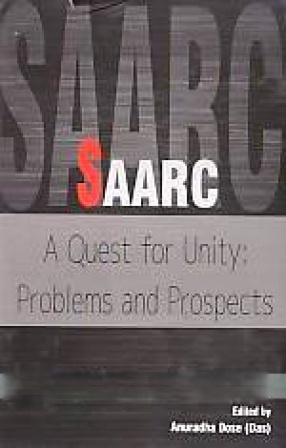
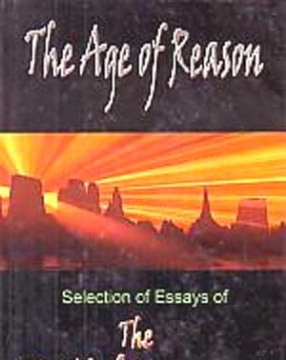
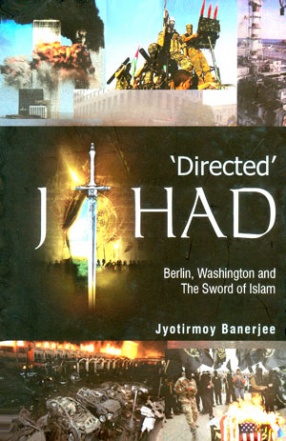
There is a noticeable general aversion in the western media to discuss the past experience of bug powers trying to dominate today’s ‘Af-Pak’ region, which is President Obama’s short-hand for Afganistan-Pakistan. The West, and especially its leader, the USA, could immensely benefit from the British, German and Russian experience in the region. If the US military and political leaders, or for that matter, other ...

Study conducted in Hooghly District of West Bengal, India.


The object of the present book is to delineate an analytical and in-dept study of the Cripps Mission which was sent to India during a critical period of the Second World War to solve the Indian question by offering both short-term and long-term constitutional changes in a bid to enlist the whole-hearted co-operation of Indians in the ongoing war effort. But despite sincere and honest efforts to make a success of his mission, Sir Stafford Cripps crashed on the ...

This book brings into focus the root of Militant Nationalism in Bengal and the factors supporting its growth and manifestation, which provided elements of continuous conflict with Gandhi's leadership and proved too thorny to Gandhism compared to other states. The book showed that Rabindranath and the Bengali literature represented the opposition of the Bengali intelligentsia towards Gandhism during his leadership.
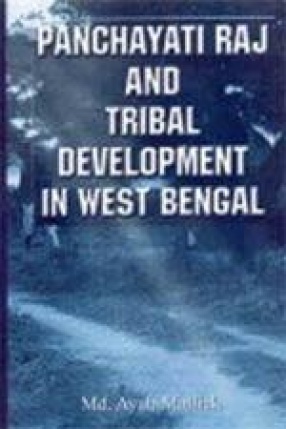
The main objective of the present work is the study of development of tribal community under the impact of the new Panchayati Raj dispensation introduced in West Bengal since 1978--how much the community has achieved and how the traditionally backward tribal community has been empowered after the introduction of Panchayati Raj. The objective of the study is to determine how the development and power structure of the tribal community are influenced by the ...
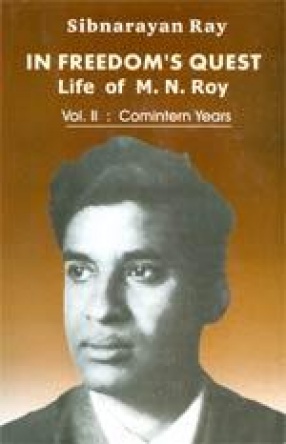
An outstanding international personality of the modern age, M.N. Roy (1887-1954) had a leading role in revolutionary movements in India, Mexico, the middle east, the Soviet Union, Indonesia and China. Like Marx he was both an activist and a philosopher; in fact, according to Tan Ping-Shan, Lenin called him "the Oriental Marx". He tried to organise an armed insurrection in India in 1915; founded the Communist Party of Mexico (1919) and the emigre ...

The present title has been the result of three years’ of hard toil through the insurgent-torn Tripura and six other relatively calm and peaceful states of the North-East. It seeks to resolve a few paradoxes from the perspective of policy science exploiting the economic deprivation and social-cum ethno-cultural identities of the people of this region. The North-East has been in flames almost since Indian independence but is it due to ethnic factors alone or ...

The Jewish Heritage of Calcutta is an account of the Jews of Charnock's City who have almost become part of the history of India. The Jews were part of the Raj scenario and have left behind a heritage that is rich and colourful. The community in Calcutta was always a microscopic minority, but their contribution to the economic life of Bengal was considerable. The community was never homogenous. The Baghdadi Jews were the leaders of the Calcutta Jewry, but the ...

Unfriendly relations between states develop quickly and more easily when they follow conflicting ideologies. Ideological differences produce perceptional and attitudinal differences which restrain policy makers of states from conducting mutual relations in a friendly fashion. As a Communist and as a Chinese, Mao was in the habit of defining and redefining the political world around China, and applied his definition in determining China's relations with other ...

This book is an attempt to highlight the predicament of the Indian Nepalis in Assam in the aftermath of the ‘Son of the Soil’ movements in the last two decades. It traces the cross-border movements of the Nepalis into Assam at various points of time in history and their strategies of adaptation, adjustments and assimilation in this land far away from home. Inspite of a long history of assimilation acceptance, the Nepali position had undergone significant ...

The present book attempts to delve deep into the inner recesses of the mind of Subhas Chandra Bose and makes a psycho-analytical probe into the philosophy of his life in the context of some of the major decisions taken by him during the crucial times of his life and career, which could be co-related to some of the major psychological trends lying embedded in the depth of his mind. These trends, sometimes operative at the conscious level and sometime at the ...

This book deals with the power and practice of the United Nations security council in the post-cold war international relations. An attempt has been made in the book to highlight the paralysis that struck the security council in its exercise of its responsibilities due to the cold war situation that existed between the then superpowers, United States and Soviet Union. It traces the resurgence of the security council, particularly due to dramatic transformation in ...
